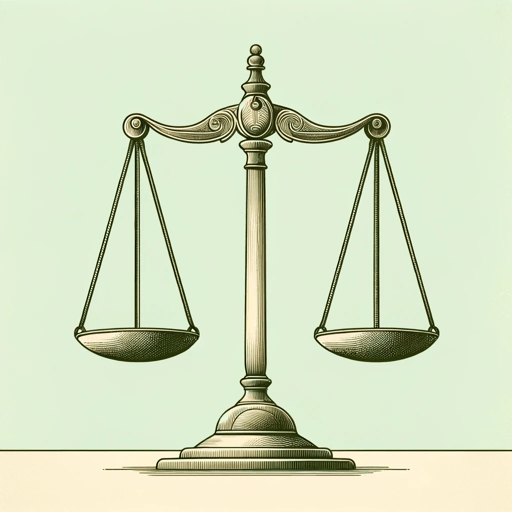51 pages • 1 hour read
John GrishamThe Whistler
Fiction | Novel | Adult | Published in 2016A modern alternative to SparkNotes and CliffsNotes, SuperSummary offers high-quality Study Guides with detailed chapter summaries and analysis of major themes, characters, and more.
Important Quotes
“There’s a man rotting away on death row an hour from here who was framed. The man responsible for the crime is probably sitting on his boat right now, a boat much nicer than mine.”
(Chapter 2, Page 15)
Myers is pointing out that justice has not been done. The guilty profited while the innocent suffered. Myers notes that the person responsible for murdering Son Rozko and Junior’s wife has profited far more by his crime than Myers did for his more minor offense. The implication is that the greater the corruption, the more likely the perpetrator is to succeed.
“‘So [Greg Myers is] a crook?’ Geismar asked. Hugo said, ‘He’s certainly a convicted felon, but he’s served his time, paid his dues, and is now an upstanding member of our bar, same as the three of us.’”
(Chapter 3, Page 25)
None of the people outside the BJC is pure of motive. Myers is motivated, as he always has been, by greed for part of the whistleblower payout. To do their jobs and exact justice, Lacy and her associates must work with people for whom justice is secondary to self-interest.
“Both Hugo and Verna came from large, sprawling families with countless aunts, uncles, cousins, and no shortage of drama and conflict. Lacy often envied the security that came with such a clan, but she also felt thankful she didn’t have to bother with so many people and their problems.”
(Chapter 3, Page 30)
The author explores the theme of a woman identity outside the context of a relationship with a man. This is significant because it reveals that Lacy is comfortable with herself: She’s self-contained and self-defined yet still enjoys the company of men and appreciates the importance of community. The author reestablishes this later in the novel: “The truth was that, at the age of thirty-six, Lacy was content to live alone” (78).
Related Titles
By John Grisham
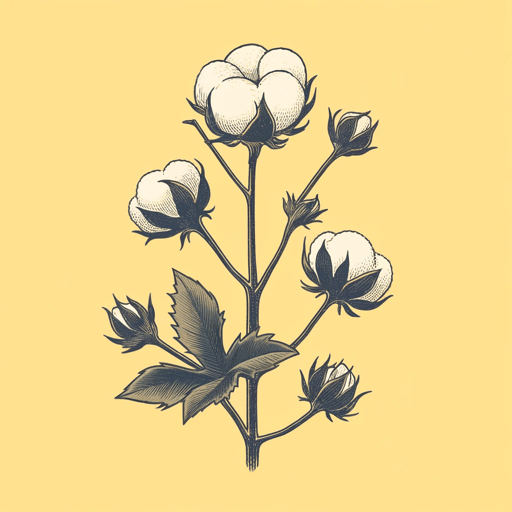
A Painted House
John Grisham

A Time For Mercy
John Grisham

A Time to Kill
John Grisham

Bleachers
John Grisham

Calico Joe
John Grisham

Camino Island
John Grisham

Gray Mountain
John Grisham

Skipping Christmas
John Grisham

Sooley
John Grisham

Sparring Partners
John Grisham

Sycamore Row
John Grisham

The Appeal
John Grisham
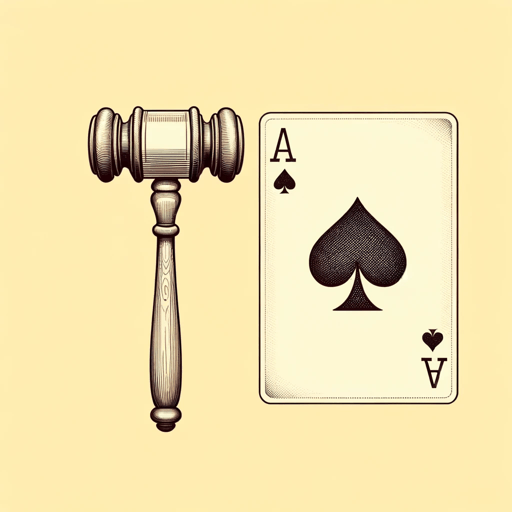
The Boys from Biloxi
John Grisham

The Brethren
John Grisham

The Chamber
John Grisham
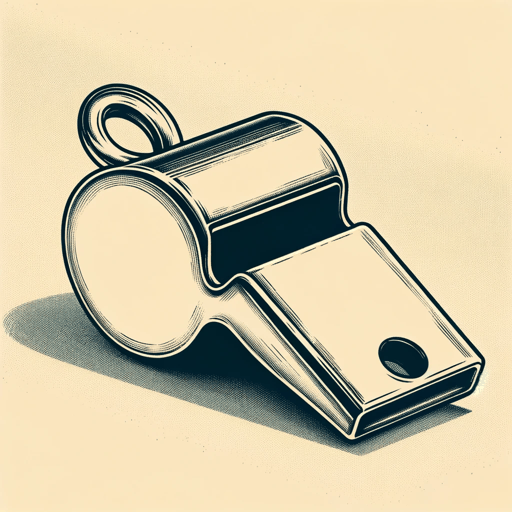
The Client
John Grisham
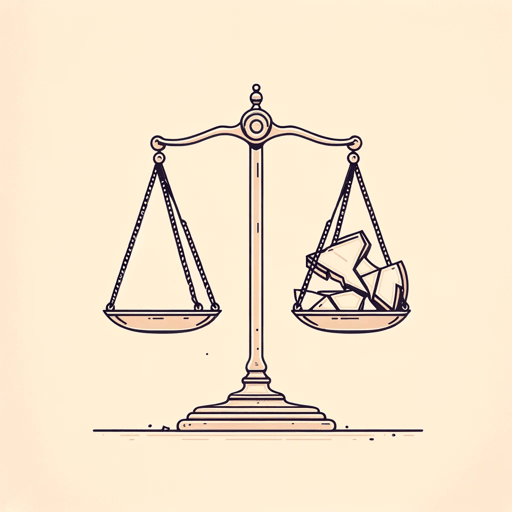
The Confession
John Grisham

The Firm
John Grisham

The Guardians
John Grisham
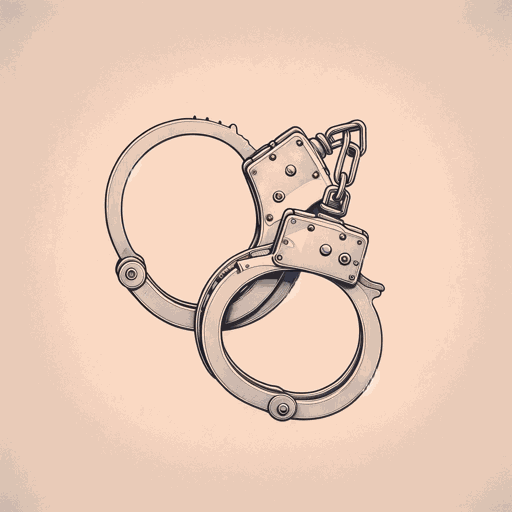
The Innocent Man
John Grisham
Featured Collections
Books on Justice & Injustice
View Collection
Books that Feature the Theme of...
View Collection
Brothers & Sisters
View Collection
Challenging Authority
View Collection
Contemporary Books on Social Justice
View Collection
Friendship
View Collection
Loyalty & Betrayal
View Collection
Politics & Government
View Collection
Power
View Collection
Teams & Gangs
View Collection
True Crime & Legal
View Collection
Truth & Lies
View Collection
